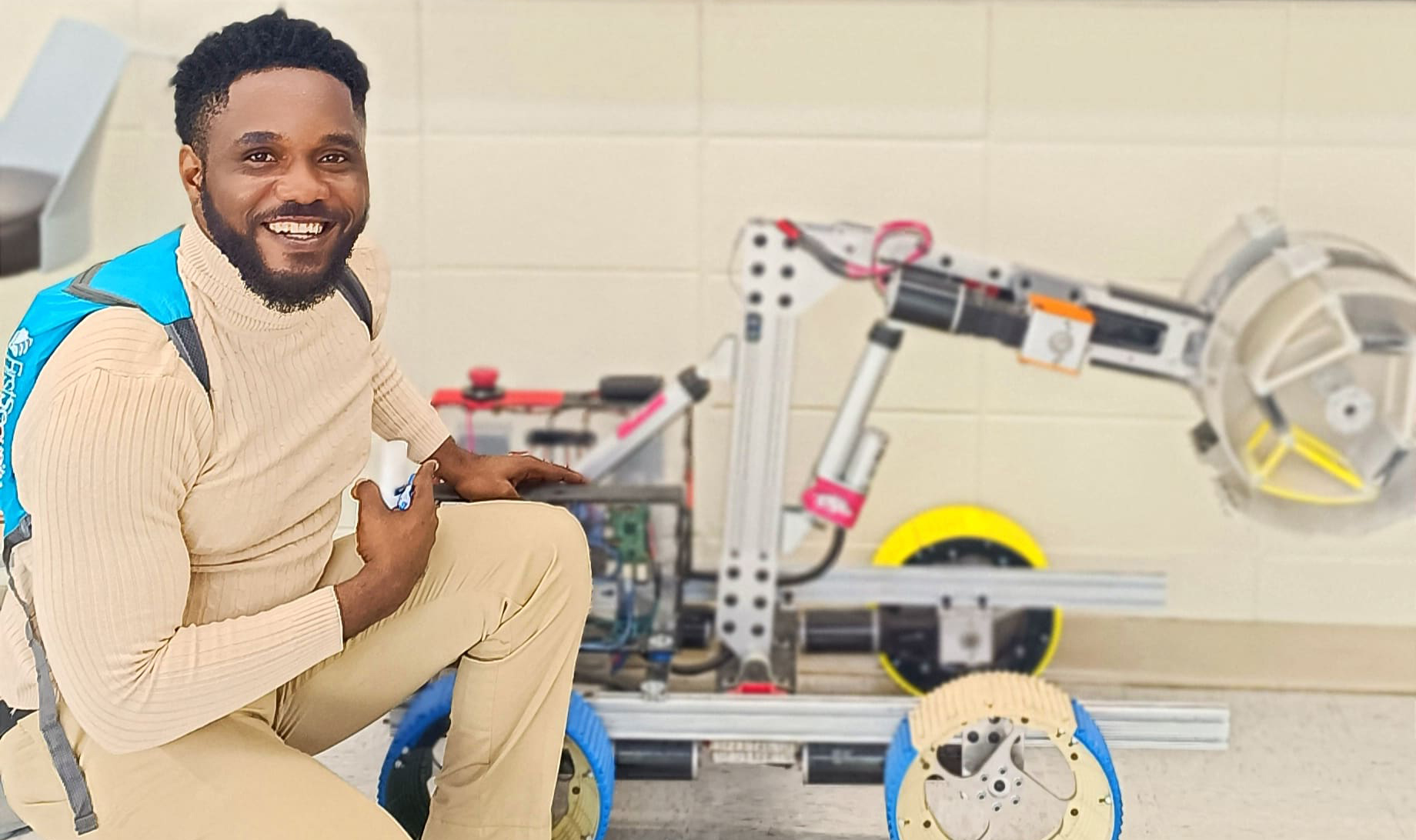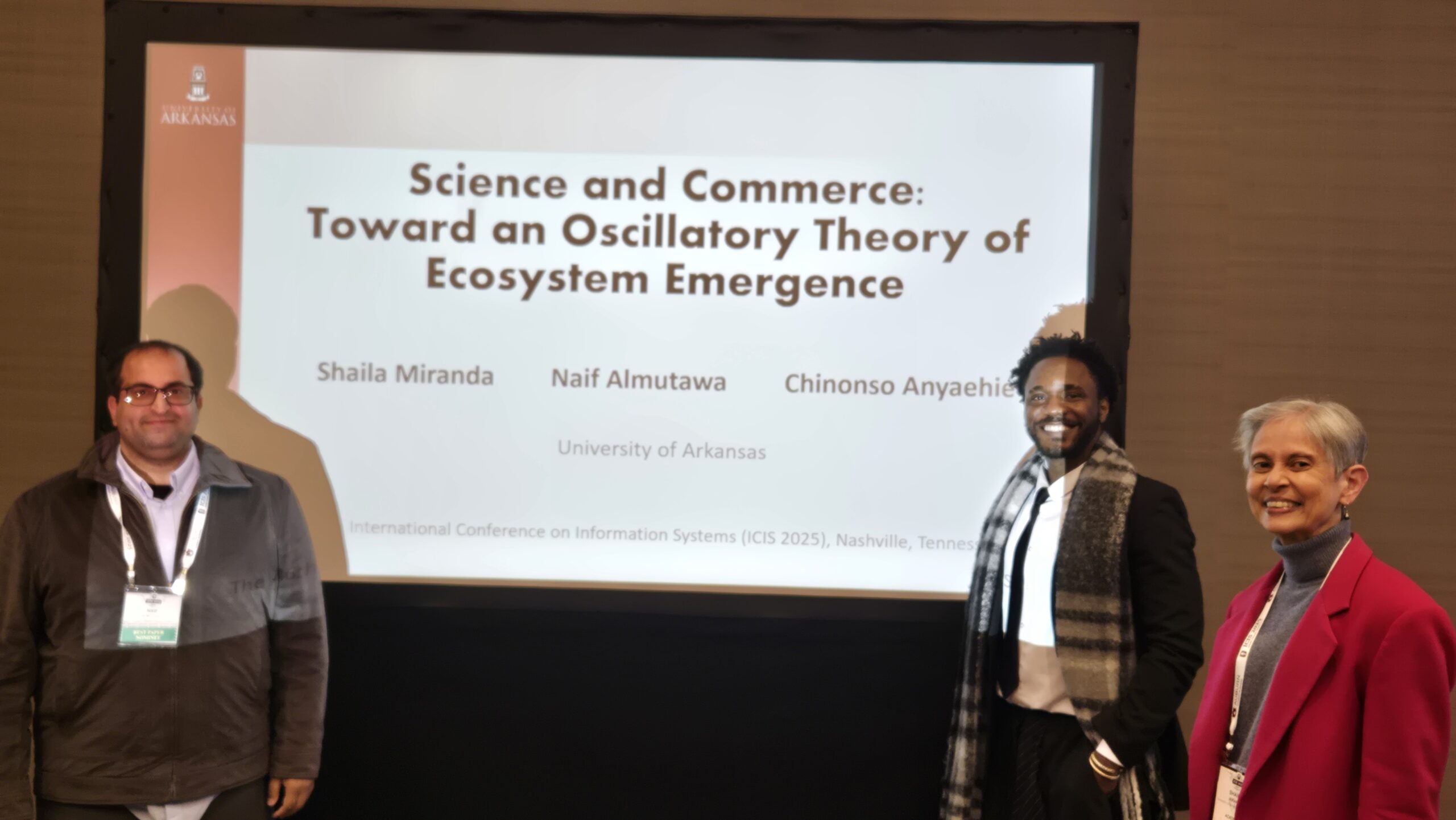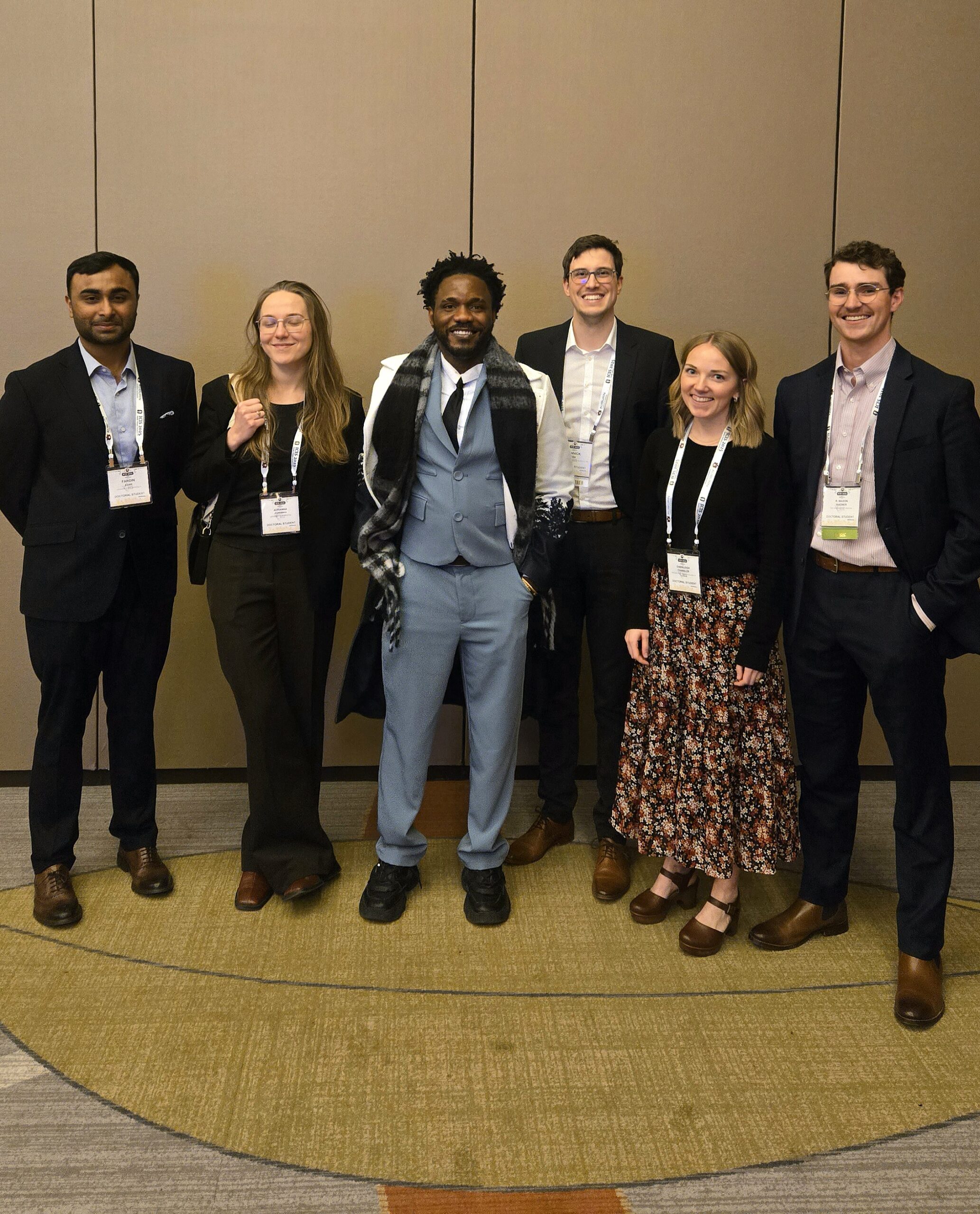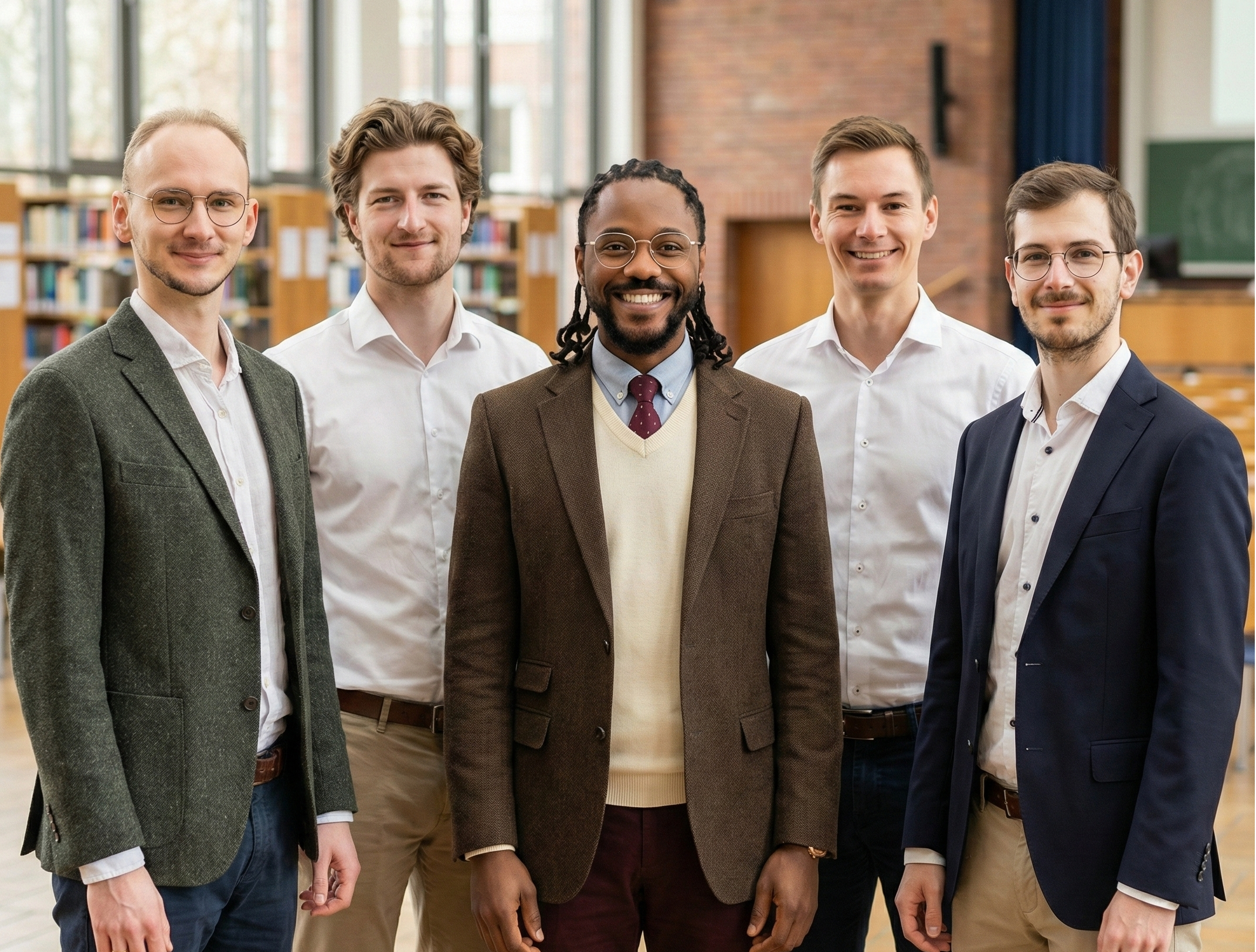Is our reality a computer simulation? It is a question popularized by philosopher Nick Bostrom, often relegated to late-night dormitory debates and science fiction. But recently, the hypothesis received a playful but pointed endorsement from an unexpected source: a long-time collaborator of DeepMind co-founder Demis Hassabis.
In a recent post, Kohli, an insider with a front-row seat to DeepMind’s evolution, suggested that he is pivoting toward believing in the simulation hypothesis. His reasoning? The eerie, almost prescient precision of Hassabis’s predictions over the last decade.
Kohli quipped that Hassabis’s track record suggests he possesses the “cheat codes” to the universe, implying that the DeepMind CEO isn’t just predicting the future of AI, but perhaps reading directly from the source code of a simulated game.
The Oracle of AI: A History of “Impossible” Wins
To understand the weight of the “cheat code” comment, one must look at the milestones that DeepMind has achieved under Hassabis’s leadership. A former chess prodigy and neuroscientist, Hassabis founded the company in 2010 with the ultimate goal of solving intelligence to solve everything else.
His forecasts, which often sounded like science fiction at the time, have consistently “panned out” with startling accuracy:
- 2016: The AlphaGo Moment: Hassabis predicted AI would master intuition long before critics believed it possible. This culminated when AlphaGo defeated world champion Lee Sedol in a game exponentially more complex than chess. It wasn’t just a win; it was a demonstration of the precise “intuition” Hassabis had promised years prior.
- 2020: Cracking Biology’s Code: perhaps the strongest argument for the “cheat code” theory is AlphaFold. For 50 years, the “protein folding problem” was considered a grand challenge of biology. DeepMind solved it, predicting the 3D structures of nearly all known proteins expanding to over 200 million structures via AlphaFold 3.
- The Road to AGI: Today, as DeepMind pushes forward with Gemini models and advanced robotics, the company is adhering to a timeline of exponential progress that Hassabis outlined nearly a decade ago.
“The Thinking Game”: A Glimpse Behind the Curtain
The catalyst for this discussion is a link shared by Kohli to “The Thinking Game,” a 2025 documentary that chronicles DeepMind’s relentless quest for Artificial General Intelligence (AGI).
Directed by an independent filmmaker granted unprecedented access, the 45-minute film serves as both a history lesson and a philosophical inquiry. It holds a 4.8/5 rating on YouTube, resonating with viewers for its blend of technical deep-dives and existential questioning.
Key elements of the documentary include:
- The Prodigy’s Origin: Archival footage of Hassabis coding games at age 8 and consulting on the classic game Theme Park, establishing his lifelong obsession with engineered intelligence.
- The Philosophical Glitch: The film features “Easter eggs” that tie into the simulation theme, including Hassabis musing on whether achieving AI mastery might reveal “glitches” in our understanding of reality.
- Ethical Horizons: Beyond the tech, the film explores the moral weight of AGI, touching on everything from climate modeling to the cognitive implications of creating a mind that rivals our own.
The Verdict
Whether Hassabis actually has “insider knowledge” of a simulation or simply possesses a rare combination of neuroscience background and strategic foresight, the result is the same. As DeepMind continues to tick off milestones that were once thought impossible, the line between programming a computer and understanding the program of the universe is becoming increasingly blurred.
For those skeptical of the simulation theory, the documentary “The Thinking Game” offers a compelling counter-argument: if this isn’t a simulation, then human ingenuity is moving at a velocity that is becoming indistinguishable from magic.










Leave a Reply